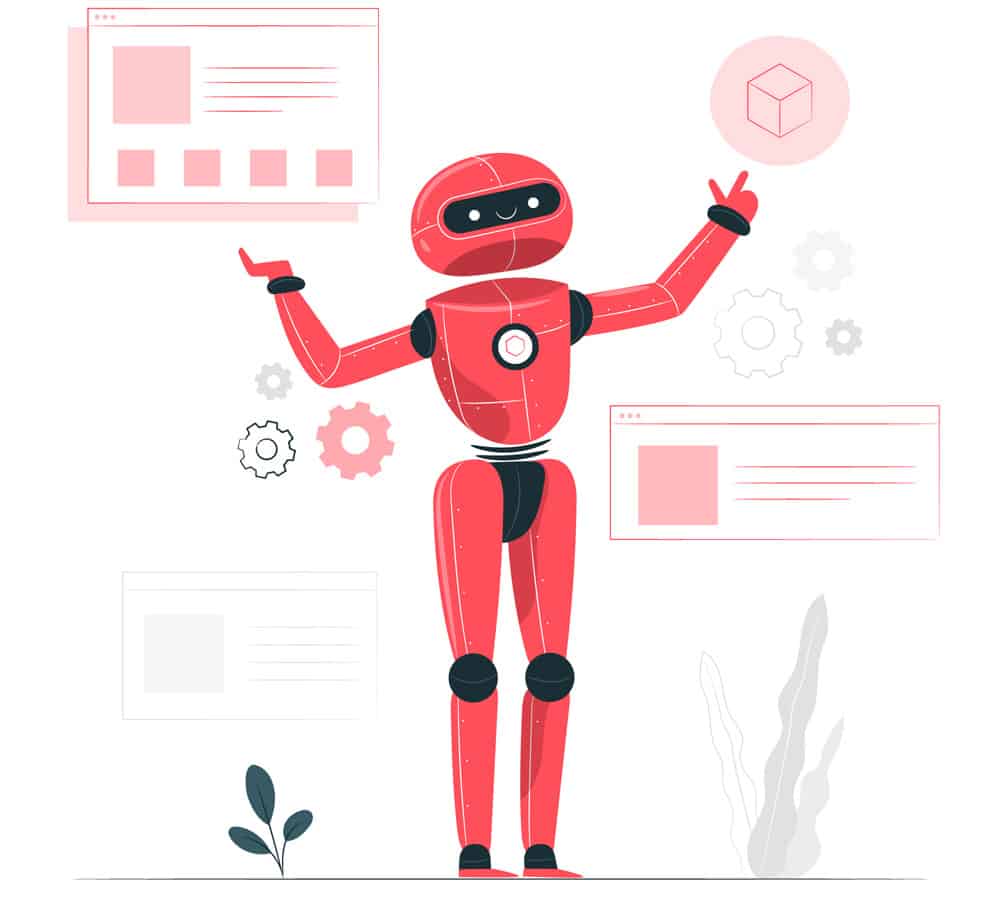Information technology is an ever-growing sector, with many businesses trying to gain an edge over the market or innovate in their respective fields. In fact, trillions are spent every year in the IT industry across the globe, with many emerging technology trends disrupting various industries significantly.
While some companies end up falling by the wayside, other firms are able to adapt to current technological trends and thrive in the future. For instance, more data is being created than ever before, and organizations need to understand how to store, manage, and retrieve that data securely, safely, and quickly.

Here are some emerging IT trends that businesses, both large and small, may have to acknowledge, consider, or accept to keep themselves on the cutting edge.
1. More Cloud Infrastructure Spending
A decade ago, there was a vague idea of how cloud computing could change the world. These days, there are countless organizations relying on cloud technology for their infrastructure, and other businesses that spend money on cloud infrastructure due to remote working. This has been quite the blow to the data centre field, where businesses were previously spending billions to build out data centres and software.
Now, the money is heading to cloud infrastructure services. There’s still a significant demand for both hardware and software, but it’s simply impossible to downplay the way cloud technology has changed lives all over the world. You can expect cloud spending to climb in the coming years, as it has for the past decade. Truth be told, if your SME hasn’t already made the jump to cloud computing or storage, now’s the time to find a reliable team like Computers In The City IT support to help bring your business to the cloud with minimal hassle and expense.
2. 5G Is Coming
We’re all understanding increasingly more that we’ll have to adapt to newer technology, and there are tech giants that release new smartphones every year, with new features, to remind us of the fact that technology is constantly evolving. Given this fact, more businesses will be reaching out to IT support companies help them with the learning curve of 5G technology, which will be coming shortly.
Unfortunately, it’ll take some time for consumers to understand the implications of the technology and how it will optimize operations. Currently, 5G is still the source of many conspiracy theories, so it may be a while before the public perception of 5G changes. Regardless, 5G technology will improve device connectivity dramatically, and SME companies will have to pivot and adapt to the market as a result; in fact, laptops boasting 5G connectivity are slated to roll out later this year. 5G technology will also be a likely catalyst to galvanize the Internet of Things (IoT) sector, as well.
3. AI – Artificial Intelligence
Many experts and analysts believe artificial intelligence (AI) will change the way we do business, how we interact with each other, and how we produce products and services. Machine learning is instrumental in how many tech giants target customers and leads, and AI algorithms are used by some of the most influential corporations in the world. Others also believe artificial intelligence will disrupt the labour market significantly.
It doesn’t matter whether we’re talking about personalized recommendations or the way that companies will hire employees – AI will change the way countless businesses operate. In 2020 and beyond, artificial intelligence will be an industry worth hundreds of billions of dollars.
4. Blockchain
There’s still a lot of controversy regarding how countries and governments plan to regulate blockchain, but many believe that it’s an incredible technology that will not only help improve business, but civilization in general. For those who are unaware, blockchain technology involves a list of decentralized records called “blocks” that are recorded on a public ledger. This is revolutionary for businesses interested in maximum efficiency and transparency, and it’s often mentioned alongside the cryptocurrency sector.
Speaking of cryptocurrency, Bitcoin has risen exponentially in value since it was invented / created by an unknown individual named Satoshi Nakomoto. Blockchain can verify the digital value of an asset more accurately than any technology before it, and this has significant implications for the future of information technology. Blockchain can help detect fraud in any industry imaginable, including the IT sector.
Conclusion
It’s hard to tell exactly how information technology will evolve or which technological trend will emerge as dominant. Blockchain technology has a tremendous amount of potential, and giant corporations like Wal-Mart are already using blockchain to track food supply chains. In addition, artificial intelligence is being used almost everywhere, whether it’s influencing your music playlist or helping your company interact with customers more efficiently via virtual means.
Whether you’re already a part of the cloud or not, cloud technology is everywhere, and a hybrid cloud strategy can offer more security and scalability than ever before. It’s unclear how 5G technology will improve connectivity, but that’s another trend to keep in mind.
Information technology is different from other industries in that it must adapt much faster, and larger organizations may have the kind of resources that can affect competition. The coronavirus has affected global business markets, as well, and is the kind of unforeseeable pandemic that affects the timing and strength of these emerging trends. Regardless, one fact is for sure: information technology isn’t going anywhere, and it will take more flexibility and adaptability from organizations, than ever before, to thrive in the future.



